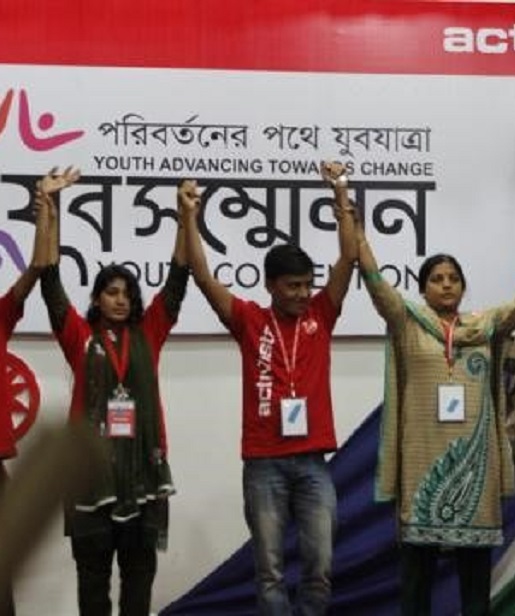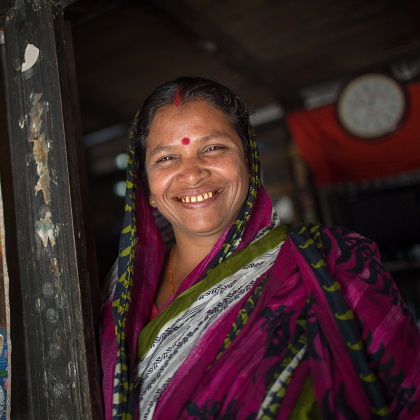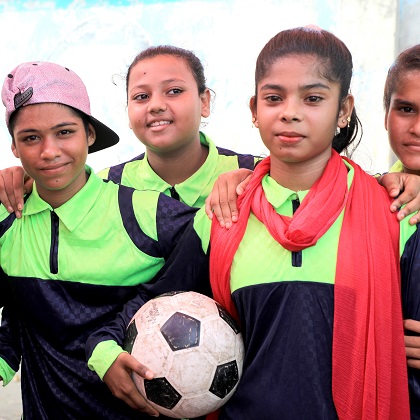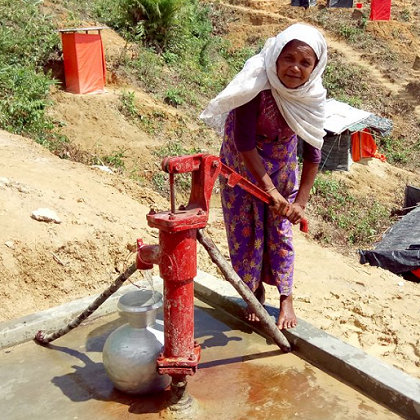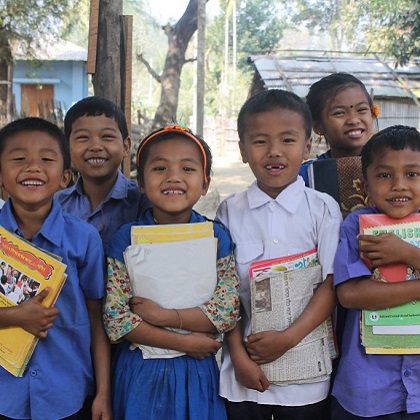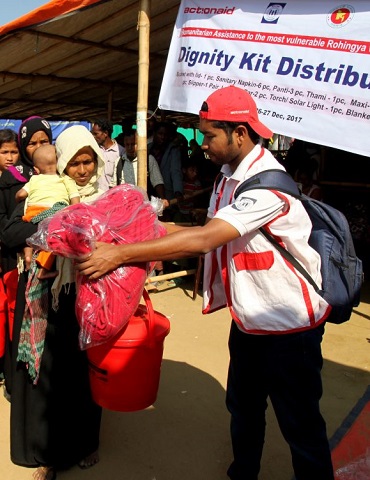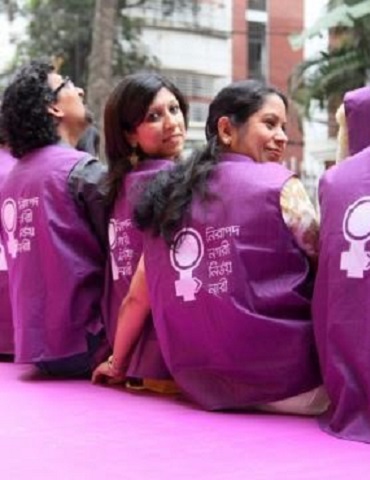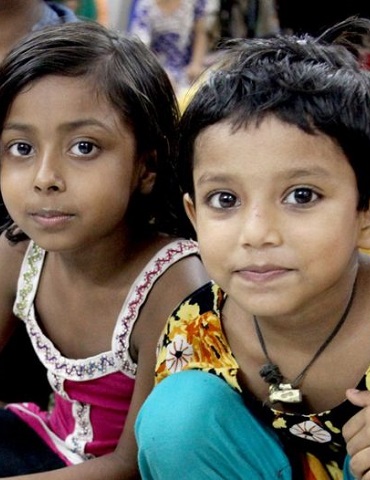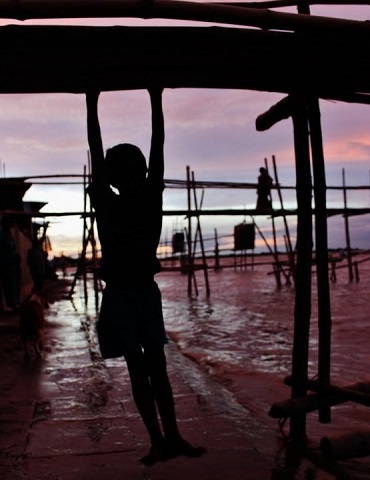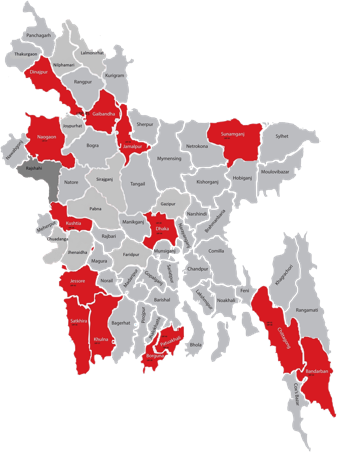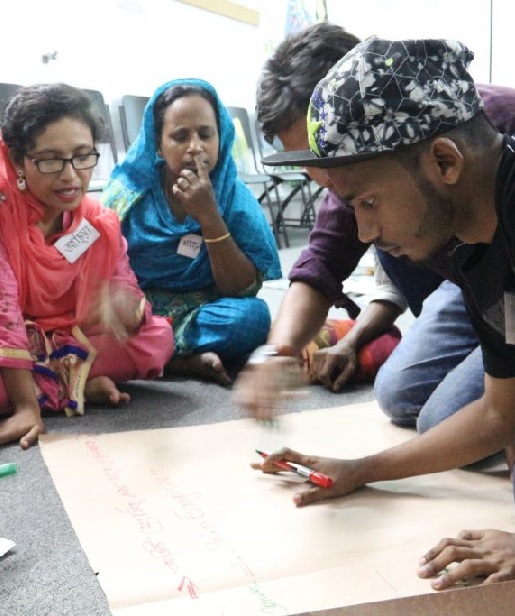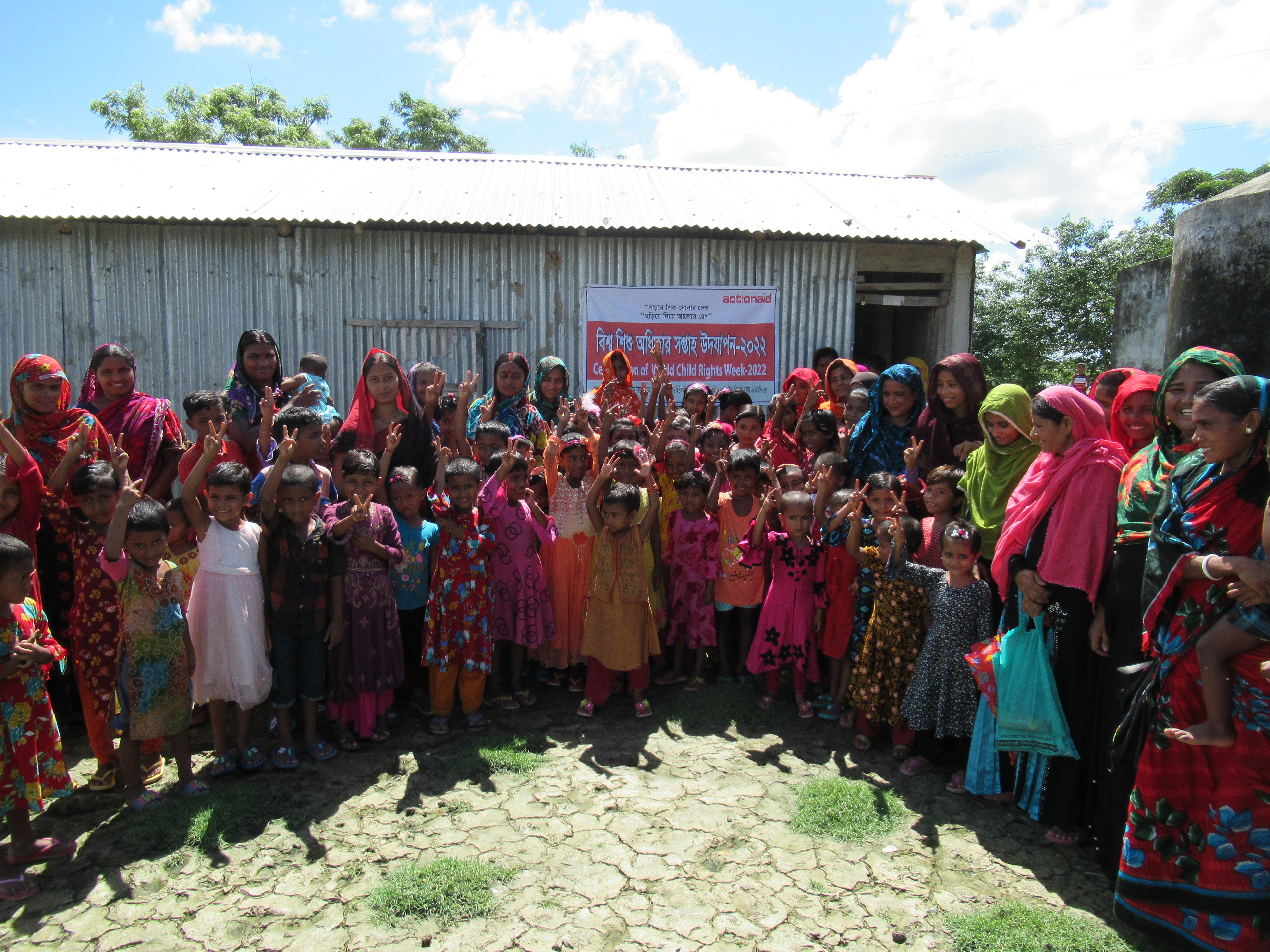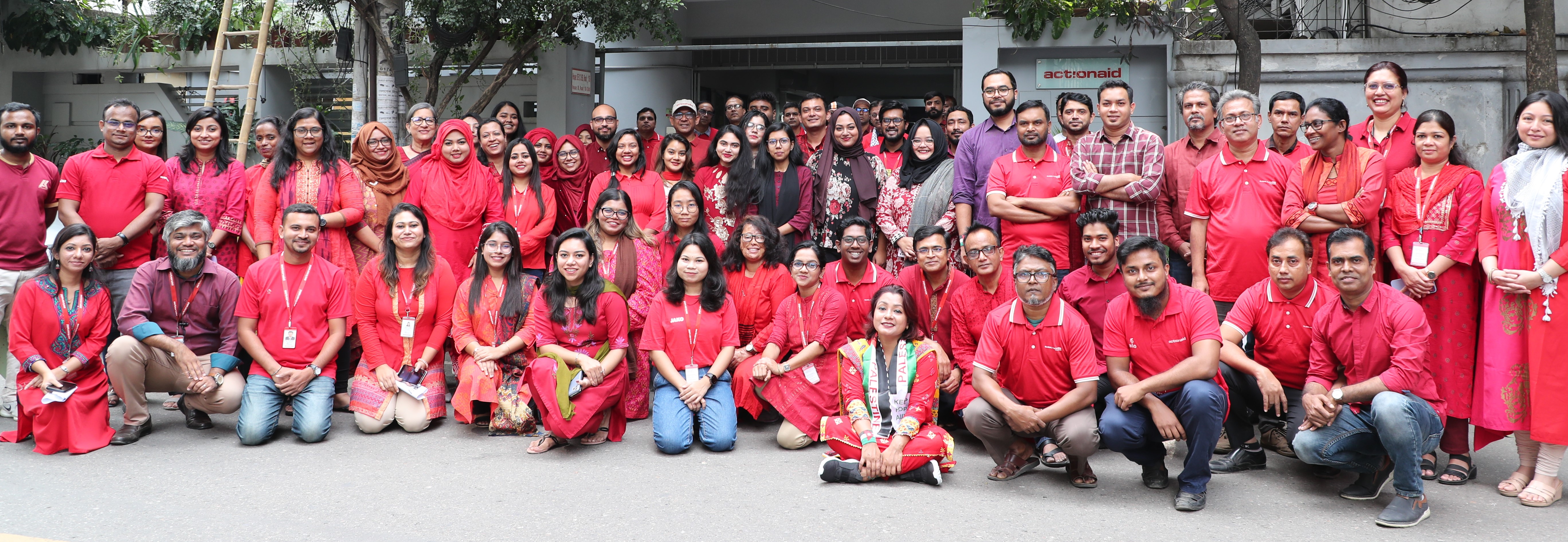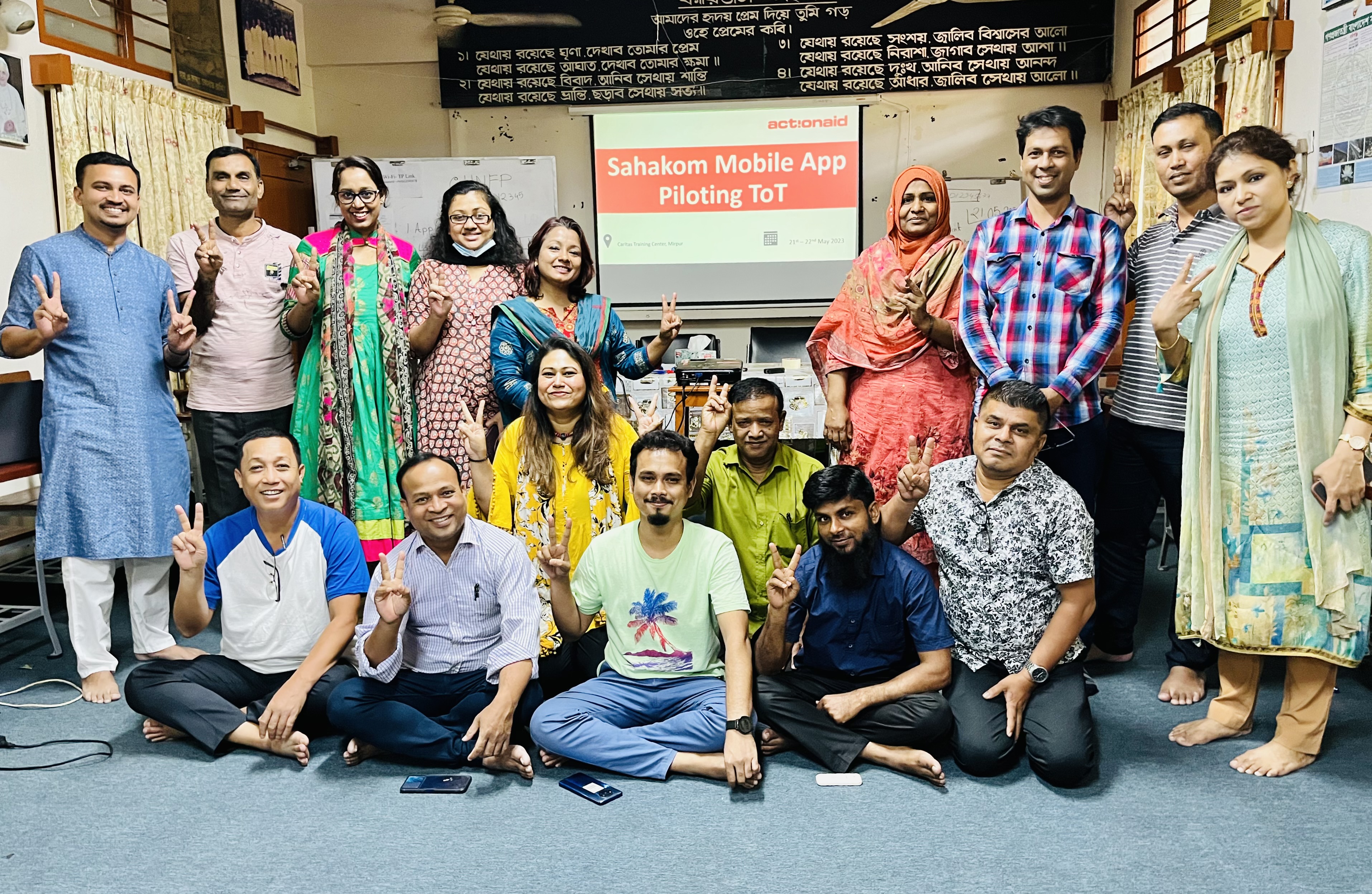Programmatic interventions of AAB engage young people, living in exclusion, particularly with young women and marginalized groups that are excluded based on their identity and locality. And all these engagements are meant to create spaces for young people to convene, facilitate and co-create with the local struggles and connect with progressive social movements, at local, national, regional and international levels.
The International Youth Day, on 12th August, was an opportunity of ambitious prospect of creating lasting impact and awareness among the youth as well as the greater community. This year, the International Youth Day is being observed with the theme of ‘Safe Spaces for Youth’ which covers the areas such as Public Spaces, Digital Spaces, Civic Spaces and Physical Spaces, all together. AAB emphasizes that young people must claim their spaces, letting their voices being heard and identifying their diverse needs to be addressed by respective quarters. This is imperative in harnessing the potential of young people in changing this world. According to the theme of International Youth Day, young people should have their stake in the decision-making process exercised. They should engage in governance structure and processes. At the same time, they should demand full opportunity for participation in sports and other leisure activities. All physical structures must be accessible to all groups of young people including persons with disabilities.
In the context of Bangladesh, claiming safe spaces for young people is more relevant than anything as around 53 million of young people are facing lots of challenges and constraints triggered by structural causes. Young people have poor representation in the various decision-making structures whether these are formal or non-formal. Be it be urban or rural settings, there are very few public spaces where young people can spend their leisure time. Safety issues are becoming more prominent in public spaces particularly in highways and public transports. Young women are suffering from sexual harassment, intimidation and abuses etc. to a dire extent. Along with that, young people are restricted in their free expressions of opinion in the various online and offline platforms in many ways. These situations should not continue if we wish to achieve 2030 Agenda for Sustainable Development, specifically Goal 11, which emphasizes the need for the provision of space towards inclusive and sustainable urbanization.
To celebrate International Youth Day, AAB took up a series of programmes from local to national level. At national level, AAB teamed up with the Ministry of Youth and Sports of Bangladesh to participate in a youth gathering and to showcase the works among delegates from government, national and international NGOs and youth platforms, on 6 August 2018.
Along with that, this year AAB is celebrating the International Youth Day on 12 August 2018 in 6 Districts of Bangladesh - Niphamari, Bagerhat, Panchagarh, Thakurgaon, Kustia and Chottogram - where Activista Members are taking the lead in organizing events such as bicycle rally, debate, rally, discussion session, street drama, quiz competitions and fairs to create greater awareness on safe spaces among the youth and the greater community.
| Category |
Details |
| Name Of The Initiative |
Bangladesh Firestarter Initiative |
| People Reached |
2,400 disadvantaged youth |
| Working together since |
2015 |
| Focus Areas Of Intervention: |
Disadvantaged youth, especially women and girls, and minority communities |
| Division |
Kushtia, Joypurhat, Rajshahi, Shirajgonj, Satkhira, Pabna, Bogura, Magura |
